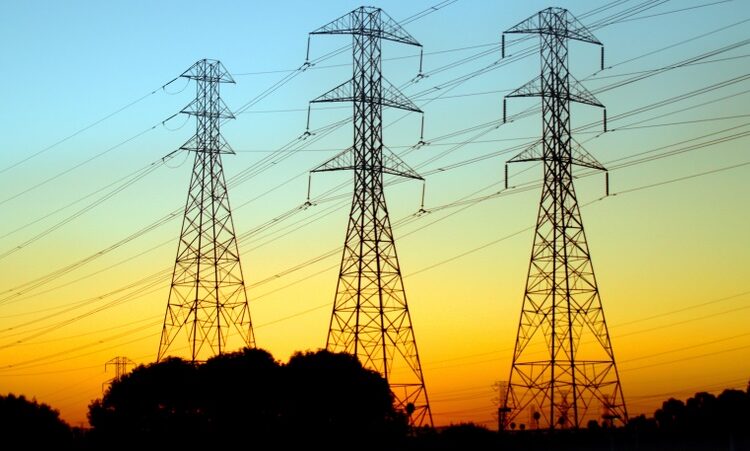Manufacturers in Nigeria have spent about N458.12 billion on alternative energy in five years.
The absence of stable, effective and fairly priced electricity supply in Nigeria has been a long-standing challenge for manufacturers as there is need to ensure improvement in electricity generation.
The worrisome development has compelled many manufacturing industries to supplement the unreliable electricity supply from the national grid with alternative energy sources. Regrettably, the available alternative energy sources, such as diesel, has become exorbitantly expensive. Also, the poor electricity supply has been identified as the hindrance to profitability in manufacturing in the country.
According to data collated from the annual and bi-annual reports of the Manufacturers Association of Nigeria (MAN), manufacturers spent about N458.12 billion during the period to self-generate power to augment the insufficient power supply from power distribution companies to power their factories.
A breakdown of the data showed that manufacturers spent N93.11 billion in 2018, N61.38 billion in 2019, N81.91 billion in 2020, N77.22 in 2021, and N144.50 billion in 2022.
Energy costs on manufacturers gulped between 35 to 40 per cent of manufacturers’ total costs. This has led to some multinational manufacturers exited Nigeria due to the toll energy cost on business profitability.
MAN disclosed that Nigeria’s poor electricity supply has been identified as the hindrance to profitability in manufacturing in the country.
Meanwhile, in January 2024, President Bola Tinubu officially signed the Electricity Act (Amendment) Bill, 2024, making it law. The Act was meant to bring about the de-monopolization of Nigeria’s electricity generation, transmission, and distribution of electricity at the National level and empower states, companies, and individuals to generate, transmit and distribute electricity.
The director-general of MAN, Segun Ajayi-Kadir stated that as an advocacy association, MAN had always pushed for the need to charge a cost-reflective electricity tariff to avoid extortion of its members.
He stressed that bottlenecks in the transmission network in the country’s power sector had culminated into erratic electricity supply, frequent power outages and persistent collapse of the national grid. He noted that for many years, the situation had stunted the growth of the economy.
“In light of the huge energy deficit occasioned by the age- long challenges in the power sector, President Bola Tinubu has set the ball rolling by signing the Electricity Act 2023, which is meant to be a game changer to address the numerous constraints within the sector,” he noted.
Ajayi-Kadir added, “as the largest energy access deficit in the world, Nigeria’s shortage of electricity supply has been identified as a hindrance to the profitability of manufacturers with an annual economic loss valued at about N10.1 trillion or two per cent share of the country’s GDP.
“The unfavourable situation has positioned the country among the worst countries to do business with a rank of 171 out of 190. Notwithstanding, the Electricity Act 2023, if well implemented, promises to be a major game changer for the manufacturing sector through some of the following favourable implications.”
Analysts at Cowry Asset Management Limited opined that while acknowledging the Nigerian electricity sector’s challenges, it is crucial to recognise the growth prospects it offers, saying by addressing the sector’s weaknesses and leveraging available opportunities, Nigeria can meet its increasing power demand, improve energy security and unlock the full potential of its electricity market.
Director/CEO, Centre for the Promotion of Private Enterprise (CPPE), Dr Muda Yusuf insisted that breaking the jinx of expensive self-generated power is a necessary condition for building a competitive local manufacturing sector, which would subsequently reduce reliance on importation.
Moreover, manufacturers noted that the sector, which is the engine of growth, is still struggling as a result of the inclement production environment in Nigeria.
They said, “the expectation is that the government will engage in extensive and intensive consultations with the manufacturers; focus on measures that will salvage the sector and halt the trend of shutdown of factories, knowing the implications and the multiplier effects on employment and the economy. Care should be taken to avoid introducing burdensome measures that will further strangulate the manufacturing sector and the whole economy.”





